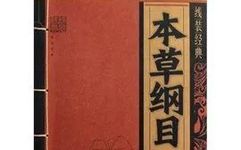
The Classic of Traditional Chinese Medicine: Bencao Gangmu
Book Introduction:
Bencao Gangmu (Compendium of Materia Medica) is a pharmacological work consisting of fifty-two volumes, authored by Li Shizhen during the Ming Dynasty and published in 1590. The book contains over 1.9 million words, documenting 1,892 medicinal substances, compiling 11,096 medical prescriptions, and featuring 1,160 exquisite illustrations, categorized into 16 sections and 60 categories. This monumental work was compiled over several decades, building upon previous achievements in materia medica, combined with extensive knowledge gained from long-term study and interviews, as well as practical research. The book not only corrects several errors found in earlier materia medica but also integrates a wealth of scientific data, proposes a more scientific classification method for medicinal substances, incorporates advanced ideas of biological evolution, and reflects rich clinical practice. It is also a work of natural history with a significant global impact.
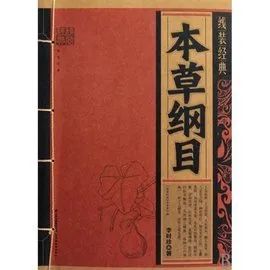
Author Introduction:
Li Shizhen (1518–1593), styled Dongbi, was known as Li Dongbi by his contemporaries. He was also called Binhushanren in his later years and hailed from Qizhou, Hubei Province. A great physician and pharmacologist of ancient China, Li Shizhen referenced over 800 medical and academic texts from various dynasties, combining his own experiences and research over a span of twenty-seven years to compile the Bencao Gangmu, which is regarded as a monumental summary of ancient Chinese pharmacology, receiving high acclaim both domestically and internationally, with translations available in several languages. He also authored Binhuhuaixue (Pulse Studies of Binhushan).
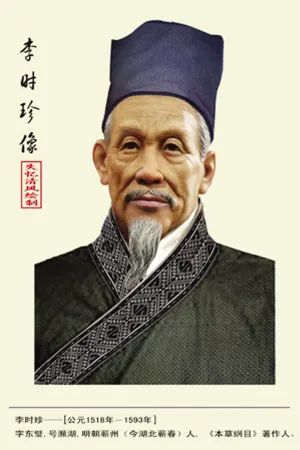
Part of the Content: Qinghao (Artemisia annua)
Alternate Names: Cao Gao, Fang Kui, Qian, Bei Hao, Xiang Hao.
Taste and Properties: Stems, roots, and seeds: Bitter, cold, non-toxic.
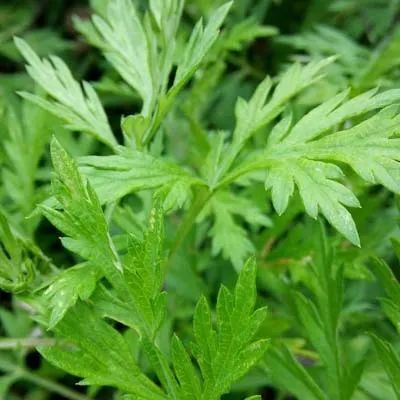
Main Indications: Tuberculosis. Use one pound of Qinghao, finely chopped, add three liters of water and five liters of children’s urine, decoct until reduced to one and a half liters, strain and further reduce to a paste, form into pills the size of a jujube. Take twenty pills with warm wine on an empty stomach and at dusk. For deficiency heat with night sweats and dry mouth, use one pound of Qinghao, extract the juice to make a paste, add one tael each of Ren Shen (Ginseng) and Mai Men Dong (Ophiopogon), boil until it can be formed into pills the size of a jujube. Take twenty pills after meals with rice soup. This formula is called Qinghao Wan (Qinghao Pills). For malaria with alternating chills and fever, use a handful of Qinghao, add two liters of water, and crush to extract the juice. For warm malaria (only heat, no chills, with phlegm), use two taels of Qinghao, not soaked in children’s urine, dried, add half a tael of lead powder, grind into a fine powder, take two qian with boiled water. For dysentery (red and white), use equal parts of Qinghao and Aiye (Mugwort), crush with fermented soybeans into cakes, dry in the sun. For each use, take one cake and decoct with one and a half bowls of water. This formula is called Hao Chi Dan (Qinghao and Fermented Soybean Cake). For hemorrhoids with blood in stool, use leaves or stems of Qinghao, grind into powder. Take with cold water before defecation and with wine after. For knife wounds, crush Qinghao and apply to the wound; bleeding will stop and it will heal. Another formula: use equal parts of Qinghao, Ma Ye (Hemp Leaves), and lime, crush and dry, grind into powder for application to the wound.
The artemisinin extracted by Tu Youyou also comes from this text, demonstrating the high reference value of ancient books.

Acupuncture and Bone Injury College

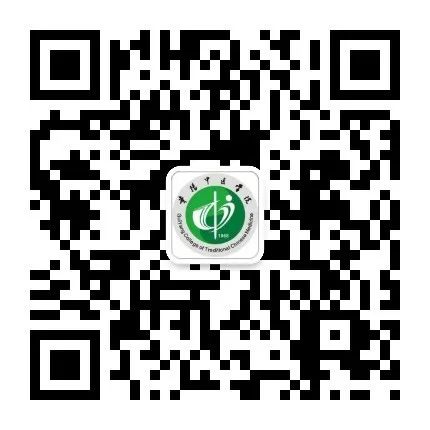
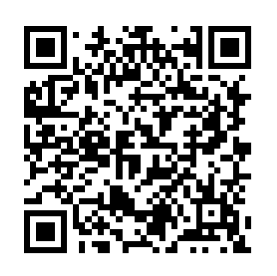
Official Website
Image and text source: Internet
Editor: Zheng Hongtao
(Publicity Department of the Acupuncture and Bone Injury College)

